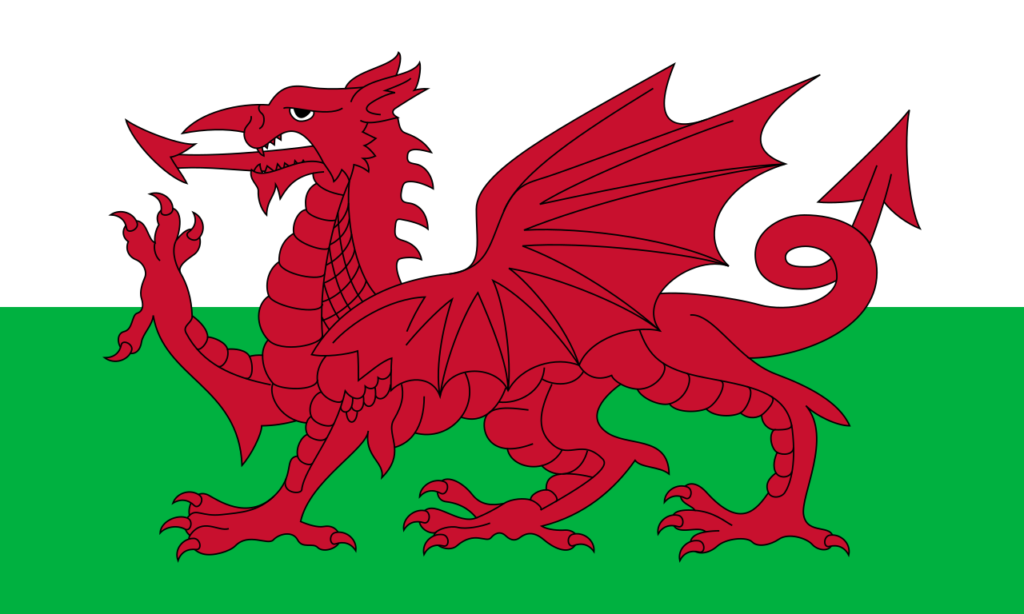
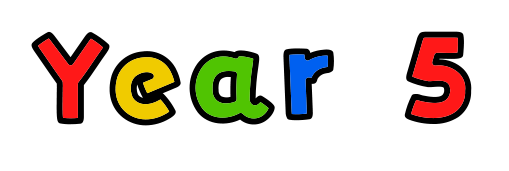
Class 6 = Wales Class 7 = Scotland
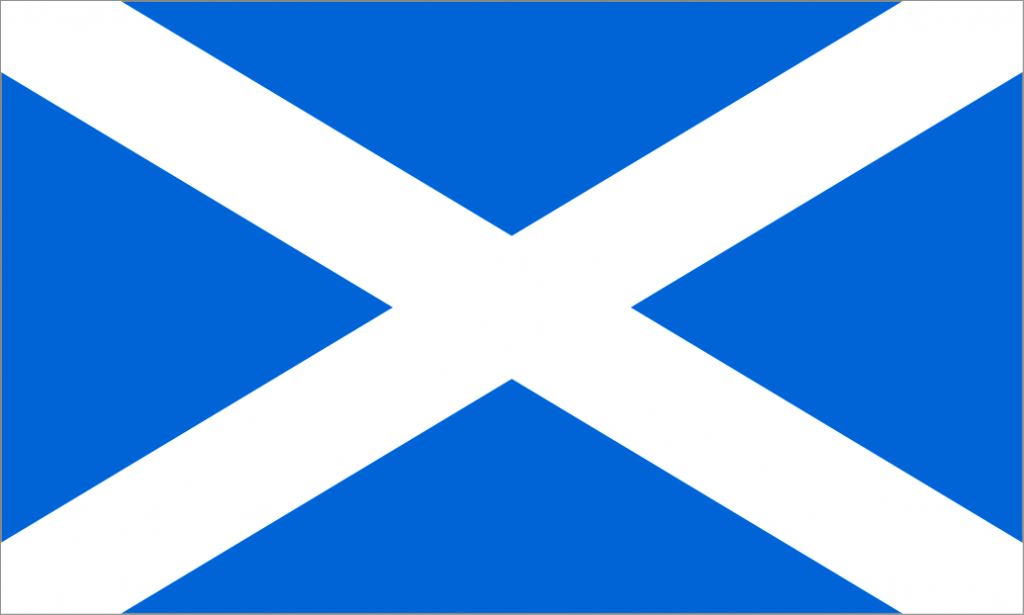
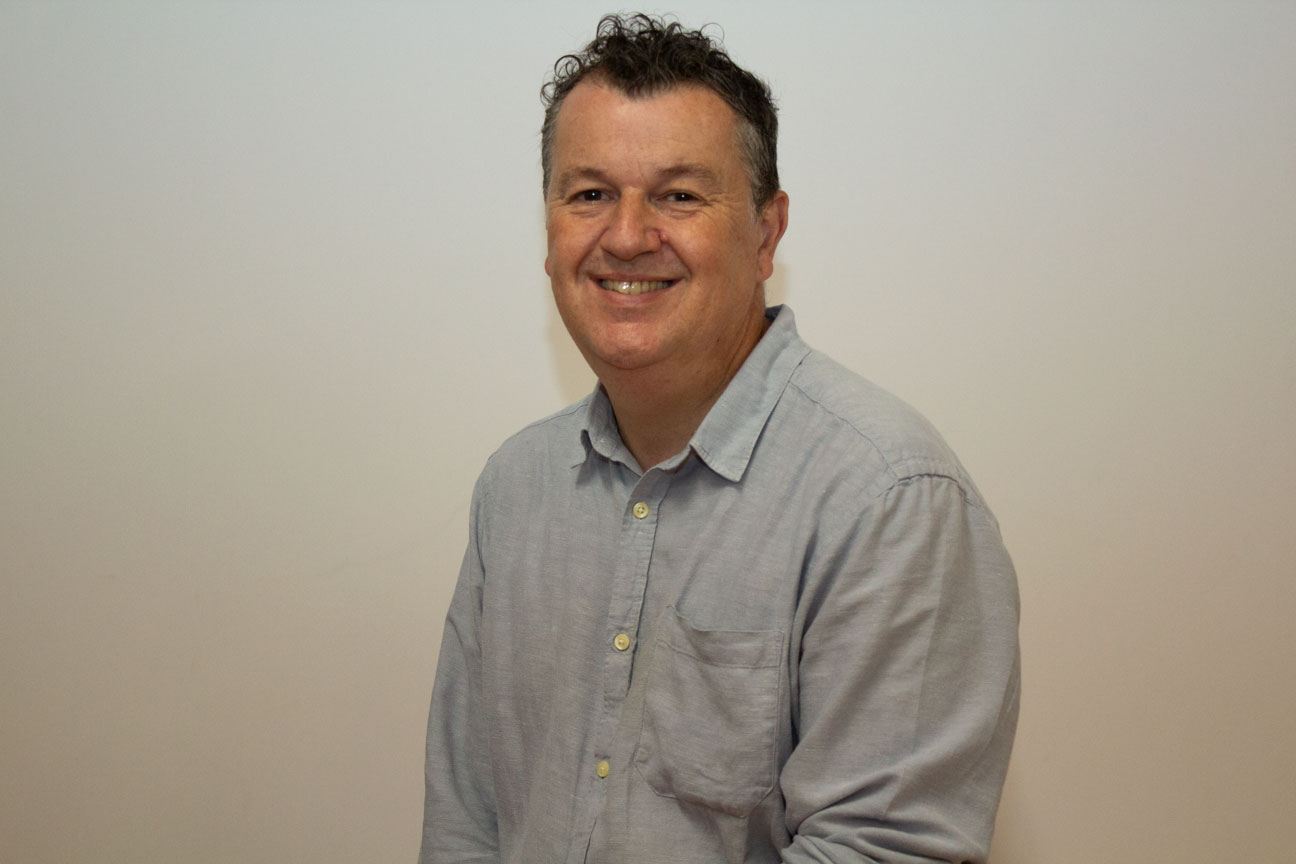
Teacher
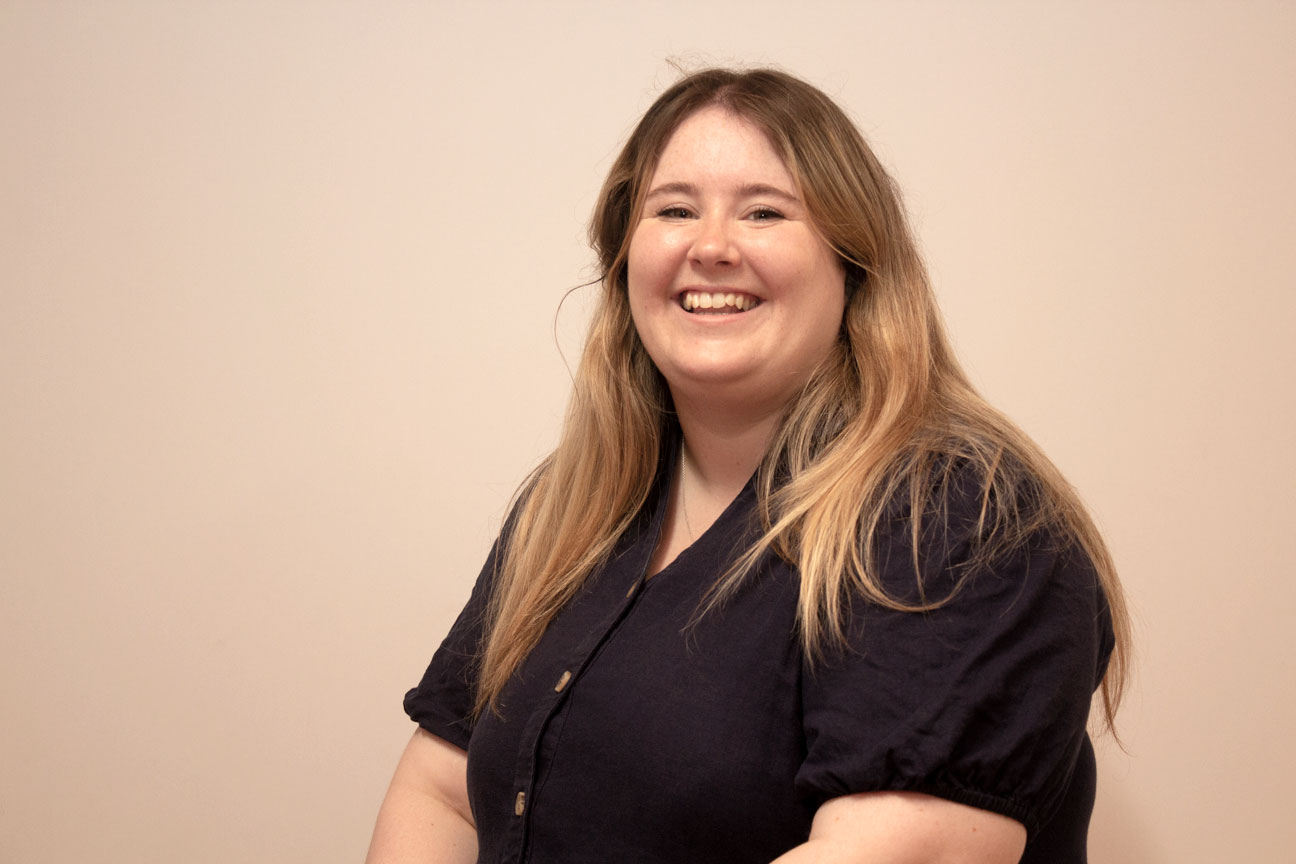
Teacher
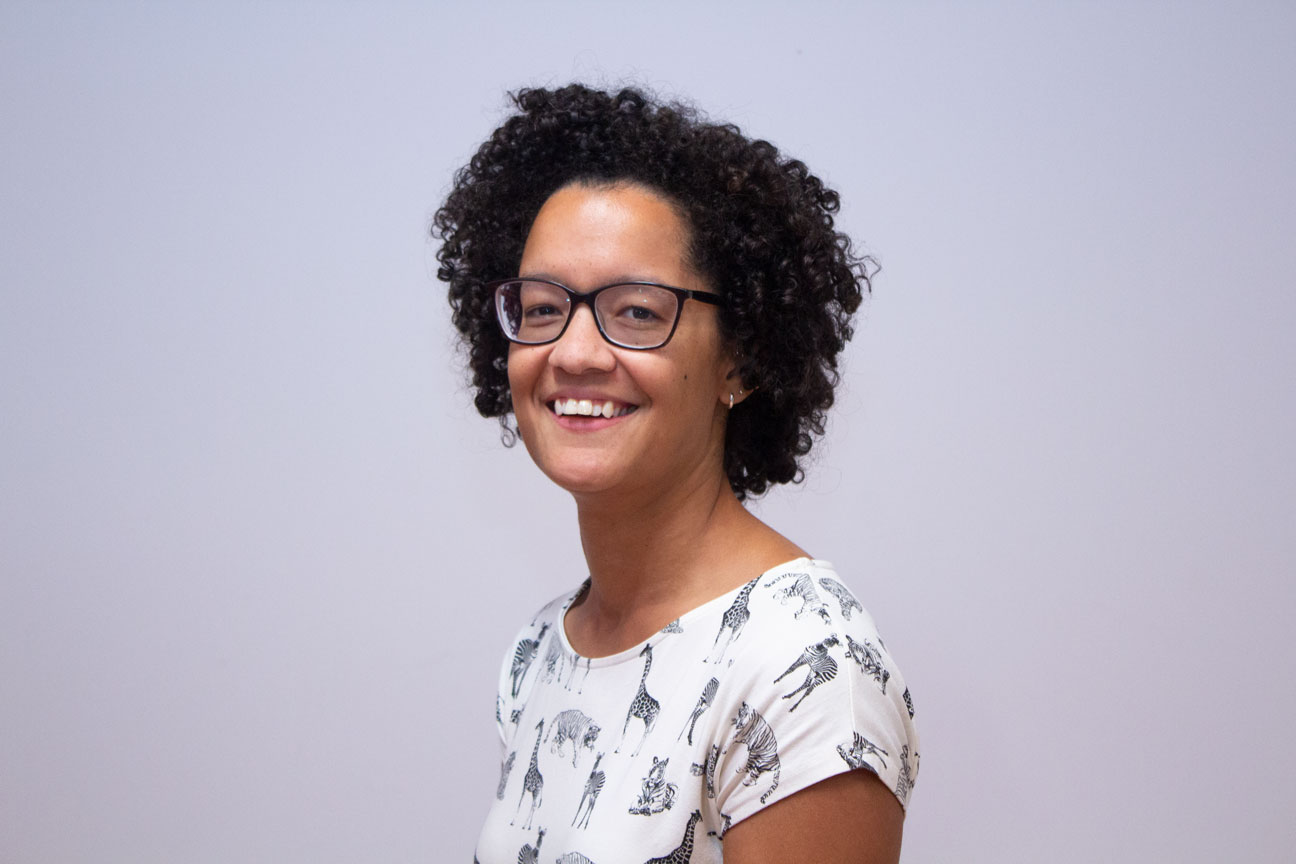
Interventions Teacher
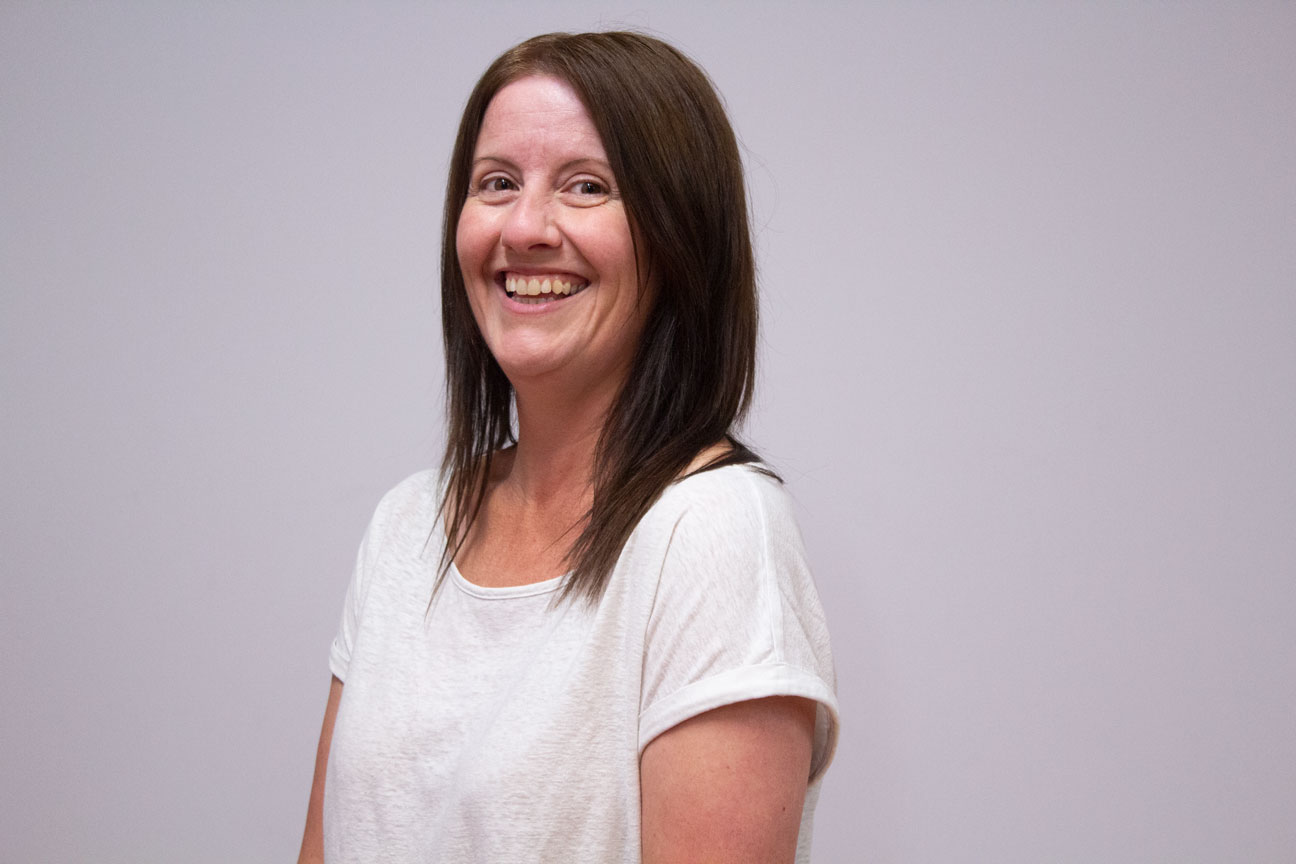
Reading Ranger
Click here to view the
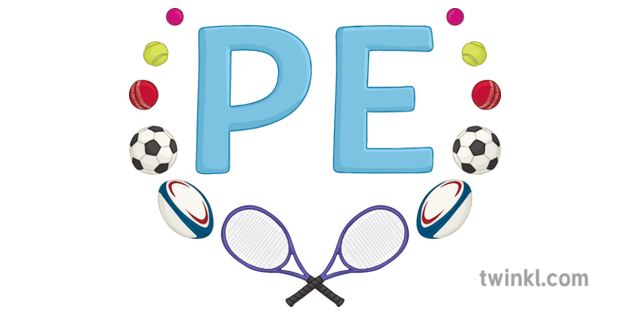 Our PE days for Term 6 are Wednesday & Thursday.
Our PE days for Term 6 are Wednesday & Thursday.

Beetle Boy by M.G. Leonard
https://kids.nationalgeographic.com/nature/habitats/article/desert
https://www.ducksters.com/science/ecosystems/desert_biome.php
https://kids.britannica.com/kids/article/desert/346108
https://www.bbc.co.uk/teach/class-clips-video/articles/z3yxcxs (Deserts and rainforests)
https://www.youtube.com/watch?v=n4crvs-KTBw (National Geographic – Deserts)
https://www.youtube.com/watch?v=2QdlF6Ld1oc (BBC Teach video)
English
https://www.youtube.com/watch?v=5TyUSx53ryI (Paralympic Basketball player and sports presenter Ade Adepitan reads extracts from ‘Tom’s Midnight Garden’ by Philippa Pearce, explaining why he loves the book, how it captured his imagination, and why he loves to read.)
Art
This term’s focus text is “Tom’s Midnight Garden” by Phillippa Pearce. We will explore the story via a graphic novel based on the original children’s classic. In doing so, we will aim to engage the children with a story with which they will empathise. We will explore themes and issues, and develop and sustain ideas through discussion and develop creative responses to the text through drama, storytelling and artwork. The children will write in a role in order to explore and develop empathy for characters as well as writing descriptive narratives based on Phillippa Pearce’s story.
Our geography topic this term is “Would you like to live in a desert?” We will explore the physical features of desert biomes and locate them on World maps. We will investigate how humans use deserts and adapt to living in extreme conditions. After exploring the threats to desert biomes, the children will explore the similarities and differences between the local environment and the Mojave desert. In doing so, they will form an opinion on whether they would like to live in a desert.
We will be exploring the sculptures of Anthony Gormley in this term’s art sessions. After learning about his inspirations and the ideas behind his most famous pieces, the children will have an opportunity to create their own sculptures in wire and then in clay. In doing so, the children will be encouraged to create abstract pieces as well as creating a figure which reflects life-like qualities and real life proportions.
French
Our topic this term is “Au salon de th́́́́e”. By the end of this unit the children will have the knowledge and skills necessary to perform a short role-play in a French tea room.
This term’s focus in PSHE is “Changing Me”. Over the course of the term, the children will learn about the physical and emotional changes they will experience when they reach puberty.
Our History topic this term is “What did the ancient Greeks ever do for us?”. We will be investigating the city-states of Athens and Sparta to identify similarities and differences between them; learning about democracy and assessing the legacy of the Ancient Greeks. In doing so, we will learn about the meaning of philosophy and investigate the ideas of famous Greek philosophers such as Plato, Socrates, Aristotle and Pythagoras. We will also study the significance of religion to the lives of the ancient Greeks and research several Gods and Goddesses. During this topic the children will cover several key historical concepts such as: change and continuity, similarities and differences, cause and consequence, historical significance, sources of evidence and historical interpretation.
Building on their knowledge of forces, we will be exploring gravity, friction, air resistance, water resistance, levers and pulleys in our Science sessions.
In English, we will be studying Alfred Noyes’ classic narrative poem “The Highwayman”. Over the course of three weeks we will unpicking Alfred Noyes’ use of descriptive devices such as metaphors, similes and personification. The children will be exposed to a rich source of vocabulary whilst engaging with an enthralling story, which offers a range of writing opportunities.
Our theme for this term’s P.S.H.E. is “Relationships”. We will begin by encouraging the children to develop an accurate picture of themselves in terms of characteristics and personal qualities. We will then move onto exploring online relationships whether via online communities or gaming sites. As well as considering how to be safe, we will also explore our rights and responsibilities when online. We will also discuss screen time and what is a healthy relationship with technology.
In PE, our focus will be on dance and invasion games, particularly netball. In doing so, the children will be broadening their understanding of attacking and defending techniques. We will also be preparing for Sports Day as well as developing our skipping skills.
Of course the highlight of this term for most of the children will be the year 5 camp on the school field on Friday 16th May. This will be followed by a special camp-themed assembly to parents on Thursday 22nd May at 3pm.
Our science topic for term 4 is “Life cycles and reproduction”. We will explore and compare the life cycles of mammals, birds, amphibians, reptiles and invertebrates. We will also explore the life cycle of flowering plants and the means by which they reproduce.. In doing so, we will observe and compare the reproductive structures of different flowers.
In Geography, our focus question is, “Why our Oceans Matter”. The key questions we will be looking at are:
In Art, we will be looking at the artist Georgia O’Keeffe and creating our very own Georgia O’Keeffe inspired artwork. We will be particularly focusing on her flower and desert skull paintings.
In French, the children will develop the skills to present both orally and in written form about where they live and which rooms they have and do not have.
Year 5 are lucky to have the Bristol Bears coaches working with them this term and helping them to develop their rugby and team skills. Moreover, the children will receive weekly gymnastics coaching from the Signature Sports coaches.
Our whole school Jigsaw theme this term is ‘Celebrating Difference’ and lessons are delivered in an age-and-stage appropriate way for each year group from EYFS through to Year 6. This theme focuses on similarities and differences and teaches about diversity, such as disability, racism, power, friendships, and conflict. Children learn to accept everyone’s right to ‘difference’, and most year groups explore the concept of ‘normal’; bullying (what it is and what it isn’t) is an important aspect of this theme.
Our topic in History this term is “What was life like in
Tudor times?” We will be extracting information from primary and secondary evidence sources to develop our own interpretation of Henry VIII. In doing so, we will be exploring the reliability of different historical sources and introducing the concept of bias. We will investigate the wives of Henry VIII and in doing so evaluate his marriage requirements in the context of the Tudor period. We will investigate historical sources relating to Elizabeth I’s tours around her realm and consider the underlying reasons for these. Finally, we will learn how inventories of people from this time can inform historians of the Tudor period.
This term’s Science topic is “Earth and Space.” We will investigate different models of the Solar System and learn about the features and orbits of celestial bodies. We will examine the Moon’s orbit around the Earth and in doing so learn about its phases. The children will also learn about the cause of day and night and the seasons.
In art, we will be investigating the space-themed art of American artist, Peter Thorpe. Before creating our own Thorpe-inspired pieces, we will learn how his pictures grew from his fascination for 1950s and 1960s sci-fi comic books, which were influenced by the space race between the United States of America and the Soviet Union. In creating our art work, we will explore the difference between figurative and abstract art and incorporate both styles into our finished piece.
In English, we begin the term investigating film narratives with a particular focus on the short film “The Piano” by Aidian Gibbons. The children will learn how to include flashbacks in their writing as well as reinforcing their understanding of combining narrative and dialogue effectively.
In Maths, we will continue to learn about multiplication and division, including identifying factors, multiples and prime numbers. We will practise calculating the perimeter and area of rectilinear shapes either by counting squares or using measurements. Finally, we will be learning how to order and compare fractions with different denominators but which are multiples of each other. We will continue to practise identifying equivalent fractions and learn how to convert mixed numbers to improper fractions and vice versa.
In Geography, we will be considering the climate of mountain ranges and why people choose to visit the Alps. In particular, we will be focusing on Innsbruck and looking at the human and physical features that attract tourists. We will also be investigating tourism in the local area and mapping recreational land use around Bradley Stoke. We will then compare recreational opportunities in the Alps with those in Bristol and Bradley Stoke.
In Science, we will be broadening our experience of the properties of materials. We will investigate hardness, transparency and conductivity and consider how these properties influence the uses of materials. We will explore reversible changes, including dissolving and changes of state. We will then compare these to irreversible changes, including rusting, burning and mixing vinegar and bicarbonate of soda.
In English, we will be reading the novel “Floodland” by Marcus Sedgwick. Over the course of the term we will explore the author’s use of characterisation and language. We will be learning about parenthesis, relative clauses and relative pronouns and how to embed dialogue accurately and effectively in narratives.
In Maths, we will spend the bulk of the term focusing on multiplication and division. We will learn about multiples, factors, prime numbers, prime factors and squared and cubed numbers. We will practise multiplying and dividing whole numbers and those involving decimals by 10, 100 and 1000. We will multiply up to 4-digit numbers by a one or two digit number. We will also divide up to 4-digit numbers by one digit numbers.
In Design Technology, we will be making drawstring bags. In doing so, we will be learning how to sew using a variety of stitches including straight stitch, back stitch and whip stitch.
Term 2 Jigsaw theme – Dreams and Goals
Our whole school Jigsaw theme this term is ‘Dreams and Goals’ and lessons are delivered in an age-and-stage appropriate way for each year group from EYFS through to Year 6. This theme aims to help children think about their hopes and dreams, their goals for success, what personal strengths are and how to overcome challenges via team-work skills and tasks. Children learn about experiencing and managing feelings of pride, ambition, disappointment and success. They will have opportunities to share their aspirations, explore the dreams and goals of others in different cultures/countries and think about their own dreams for the world.
If you have any further questions regarding our ‘Dreams and Goals’ Jigsaw unit, please contact your child’s class teacher using the admin@baileyscourt.com school email address.
In History, we will be learning about the Vikings and the struggle for Britain. They will develop their chronological understanding and explore new types of sources, including oral histories, to learn about the Vikings and the impact they had on local British communities. Using historical enquiry techniques, we will investigate whether the Vikings were raiders, traders or settlers.
In Science, we will be identifying real world examples of mixtures and how and why separation techniques are used to separate them, including some jobs that may use them. We will also be learning about the importance of salt plains.
For the term’s Art, we will be studying the environmental art of Andy Goldsworthy. We will be using his ideas as an inspiration for our own environmental art which we will create on the school grounds.
Excitingly, we will be starting Religion and World Views this term using the Kapow scheme. Our first topic is “Why do people have to stand up for what they believe in?” Thinking about religious freedom, children will use historical and modern-day examples of people, such as Guy Fawkes, who have fought for their beliefs to discuss controversial issues.
In Jigsaw, our focus is “Being Me in My World”. We will cover a range of topics including: a sense of belonging, welcoming others and being part of a school community.
In PE, we will be developing our tennis and badminton skills.
October is Black History month and we will be investigating the lives of a number of significant figures through History.
In Computing, we will be learning how to be Internet Sharp as well as developing our coding skills.